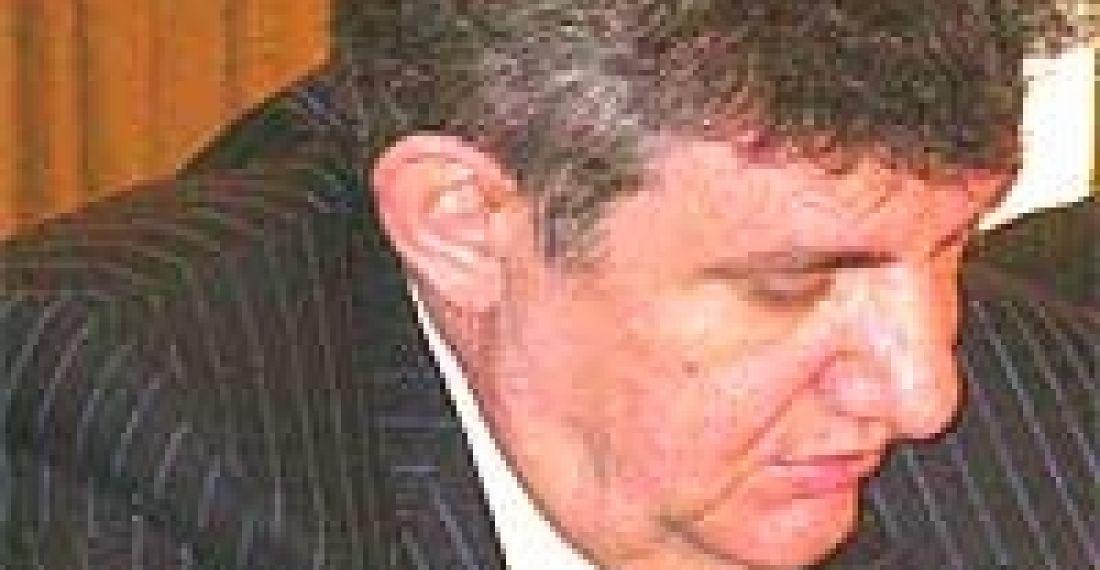Leaderships of the Union Armenians of Russia and the Azerbaijani community in Russia will meet on October 23 in Russia, President of the World Armenian Congress (WAC), President of the Union of Armenians of Russia Ara Abrahamyan said at the Second Conference of the WAC in October 15.
"The mission of the Congress is to preserve the Armenian identity and protect the interests of Armenians. It is not a secret that the Armenians and Azerbaijanis residing in Russia have been recently experiencing tense relations. The upcoming meeting may ease that tension," he said.
As for the further activity of the Congress, Abrahamyan said that 7 permanent committees will be set up shortly where the WAC members can submit their proposals. The Committees will study and develop the best schemes of settling the existing problems. In addition, the committees will work for international recognition of the Armenian Genocide, peaceful resolution of the Karabakh conflict, preservation of the national identity, Armenia- Diaspora cooperation, youth and religious issues, Abrahamyan said. He said 200 million drams will be earmarked for 10 contests to be held in Armenia.
The WAC was founded in October 2003 as an alliance of Armenian public unions. It has an international status.
Leaderships of the Union Armenians of Russia and the Azerbaijani community in Russia to meet
Leaderships of the Union Armenians of Russia and the Azerbaijani community in Russia to meet







